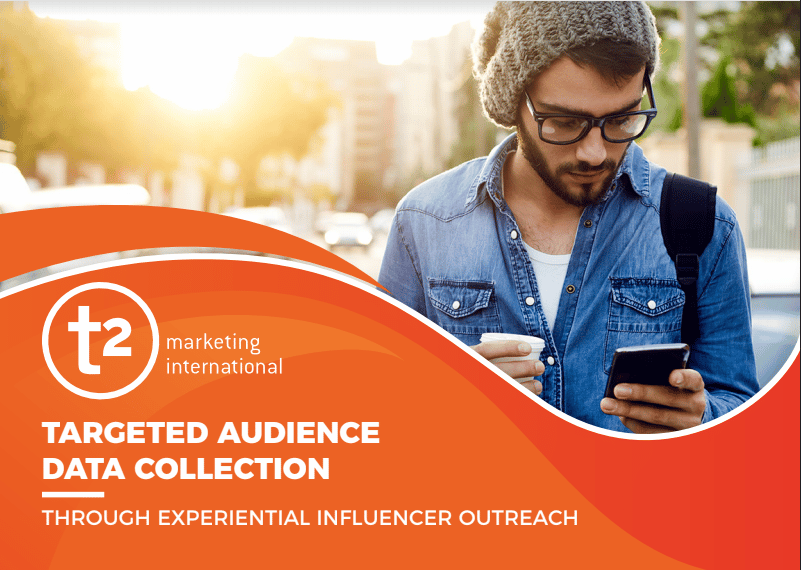Social Equity: LinkedIn and Your Business
Social Equity is given quite a boost with a LinkedIn presence – and not just for B2B companies.
LinkedIn is widely known as the professional social network. So, it would make sense for people to assume that it is largely for B2B companies. While it is true that LinkedIn is one of the most beneficial social networks when it comes to B2B, the Social Equity a brand can garner as a result of having a LinkedIn presence – whether it is B2B or B2C – is quite high.
Today, we aim to explain where the Social Equity of a LinkedIn presence is found, and how you can determine the value added to your business as a result of having both a personal and company page on the social network.
The Benefits of LinkedIn
 To understand how we can derive Social Equity from LinkedIn, we first need to understand what the benefits of a LinkedIn presence are to our business.
To understand how we can derive Social Equity from LinkedIn, we first need to understand what the benefits of a LinkedIn presence are to our business.
As we noted above, LinkedIn is often perceived as the professional network. As such, it is an arena in which professionals actively seek out industry influencers, leaders and authority figures. Therefore, it is one of the easiest niches in which to establish yourself as an industry-leader within your market. Social networks on the more general scale, like Facebook and Twitter, are mediums in which we can establish our brand as an authority with the general public, but for any company, be it B2C or B2B, LinkedIn is the best avenue through which we can build our credibility with members of our own industry.
On the other side of the spectrum, LinkedIn is an excellent network for seeking out the advice and tips of other leaders and professionals, and applying those bits of advice to our own strategies. Though LinkedIn Answers was a great feature in which to do this before it was removed, LinkedIn Groups are still a powerful tool, and include higher engagement rates than almost any other feature on social media. Contrary to many social networks, LinkedIn is a place where professionals are seeking out the opinions and inputs of others, and the element of self-promotion (not in its purest form, but close to it) is not only accepted, but in many cases encouraged.
So, how does this all add value to your business?
Social Equity Derived from LinkedIn
Having both a personal account and an active company page on LinkedIn can generate quite a bit of Social Equity for your brand. With a well-orchestrated strategy in place, we can quickly build our authority in a given field and begin driving referrals to both our personal pages and our websites. This holds true for both types of businesses. Even as a B2C entity, we are still looking to build market authority, and LinkedIn is one way of doing that.
Say you are a local and online retail store, for example. Now say you create a profile on LinkedIn and begin sharing short articles you write about running a successful retail location, or a successful e-commerce website. By posting to your updates (your network), your company page and your groups pages about the retail industry, you will quickly see your influence, network and, most important for building business, your LinkedIn referral traffic begin to shoot up.
It is important to understand that in any industry, people want to associate themselves with the best. Whether you are the CEO of a Fortune 500 company, or a retail-savvy basement blogger, industry leaders and influencers receive the most attention on a network like LinkedIn, and that translates to Social Equity.
The value added of a large professional and referral network is highly coveted. Consider not only the calculated value of your business assets, but the value added of an extended network, an established industry leader at the helm of your company and your industry influence. All of this is capable through the strategic use of LinkedIn.
How are you using LinkedIn to generate Social Equity for your business? Tell us in the comments below or on Twitter!





Trackbacks & Pingbacks
maillot psg 2013…
Good day! This is my 1st comment here so I just wanted to give a quick shout out and say I truly enjoy reading your blog posts. Can you recommend any other blogs/websites/forums that go over the same topics? Thanks for your time!…
Comments are closed.